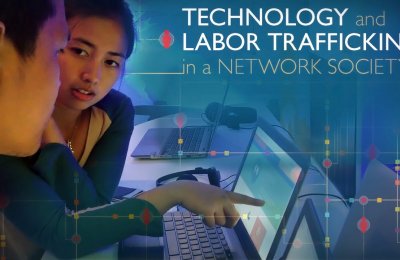USC Center on Public Diplomacy Director Philip Seib’s new book, Real-Time Diplomacy: Politics and Power in the Social Media Era (Palgrave Macmillan), offers insights into one of the most important challenges of the 21st century: How can policymakers shift away from being mere spectators and address the political realities of a social-media-oriented society?

“The 2011 uprisings in the Middle East proved that democracy retains its appeal, even to people who have long lived without it,” Seib said. “They also illustrated how, in a high-speed, media-centric world, conventional diplomacy has become an anachronism. Not only do events move quickly, but so too does public reaction to those events. The cushion of time that enabled policymakers to judiciously gather information and weigh alternatives is gone.”
Real-Time Diplomacy analyzes the essential, but often unhappy, marriage between diplomacy and new media, evaluating media's reach and influence, and determining how policy makers might take advantage of media's real-time capabilities rather than being driven by them.
In Real-Time Diplomacy, Seib asks a vital question: How can any policymaker keep afloat in the flood of information coming from a vast number of sources?
And, as the events of 2011 illustrate, power can emanate from the public, and so developing and maintaining ties with publics around the world is an essential element of foreign policy.
Seib is a professor at USC Annenberg and is director of USC's Center on Public Diplomacy. He is the author and editor of many books, including Headline Diplomacy, The Global Journalist, Beyond the Front Lines, The Al Jazeera Effect, and Toward a New Public Diplomacy.
Real-Time Diplomacy: Politics and Power in the Social Media Era









